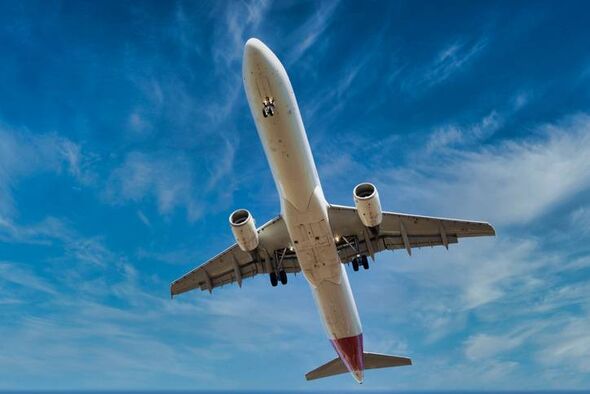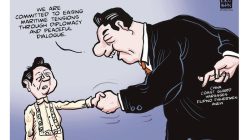New Visa Integrity Fee Sparks Concerns in the Travel Industry
The U.S. economic blueprint, known as the “Big Beautiful Bill,” contains a provision that could significantly affect international tourism. This new rule mandates a “visa integrity fee” for foreign visitors entering the country. The move comes at a time when the tourism sector is already grappling with challenges due to previous immigration policies.
This new fee, outlined in the One Big Beautiful Bill Act, was signed into law by President Donald Trump earlier this month. However, details about how the fee will be collected and whether it can be reimbursed remain unclear. A spokesperson from the U.S. Travel Association told CNBC that these uncertainties have created “significant challenges and unanswered questions regarding implementation.”
The visa integrity fee is set at $250 per visa during the 2025 U.S. fiscal year, which runs from October 1, 2024, to September 30, 2025. The legislation gives the Secretary of Homeland Security the authority to adjust the fee if necessary. After this period, the fee will be adjusted based on inflation, according to reports.
This fee will apply to all nonimmigrant visa holders, including tourists, business travelers, and international students. Some travelers, such as those from Australia, Japan, and many European countries, may be exempt under the Visa Waiver Program.
Importantly, the fee will only be charged once a visa is issued. Those who are denied a visa will not be required to pay. Additionally, this new fee is an extra charge on top of existing visa fees and does not replace them.
For example, an H-1B worker who currently pays a $205 application fee might now end up paying a total of $455 once the fee is in place, according to Steven A. Brown, a partner at the Houston-based immigration law firm Reddy Neumann Brown PC.
The $250 fee will also be added to the “Form I-94 fee,” which was raised from $6 to $24 under Trump’s economic plan. This fee must be paid by anyone required to submit a Form I-94 arrival and departure record, which applies to most travelers.
Travelers may be eligible for reimbursement if they meet certain conditions, such as not accepting unauthorized employment and not overstaying their visa by more than five days. However, the process for reimbursement remains unclear.
Brown noted that the fee has not yet been implemented, and it is uncertain when the Department of Homeland Security will begin collecting it. He stated, “It would need a regulation, or at least a notice in the Federal Register, regarding implementation on collection.”
The U.S. Travel Association also expressed uncertainty about how the fee will be collected. A spokesperson questioned, “The bill directs the DHS Secretary to charge the fee, but DHS does not own the visa application, issuance, or renewal process – so where and when would DHS collect the fee?”
A Department of Homeland Security spokesperson explained to CNBC that the visa integrity fee requires cross-agency coordination before it can be implemented.
The Congressional Budget Office has indicated that since many visas are valid for several years, only a small number of people would seek reimbursement. The CBO also projected that the Department of State would need several years to implement a process for providing reimbursements. Based on this, the CBO estimates that enacting the provision would increase revenues and decrease the deficit by $28.9 billion over the 2025–2034 period.
Brown advises his clients to consider the fee as nonrefundable, stating, “If you get it back, great. But it is usually difficult to get money back from the government.” He suggests seeing it as a ‘bonus’ if a refund is received.
The Department of Homeland Security spokesperson emphasized that the One Big Beautiful Bill provides the necessary policies and resources to restore integrity in the nation’s immigration system.







